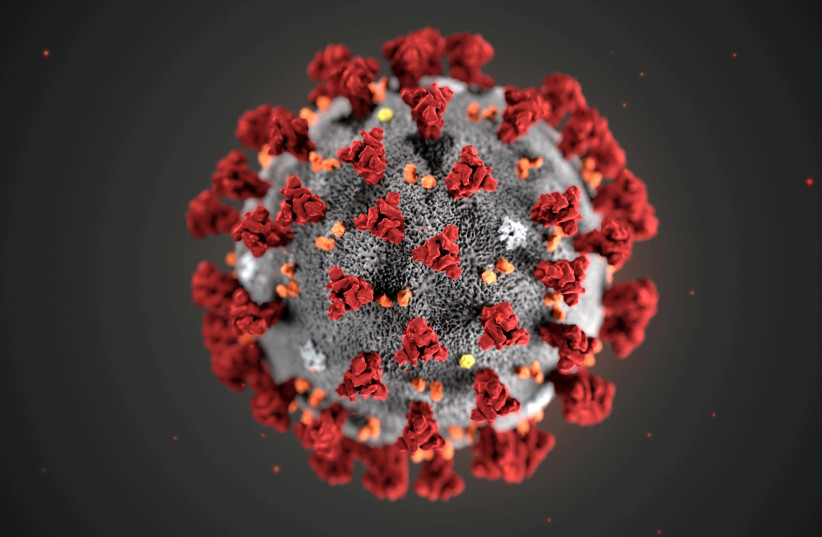“I think the virus has mutated because our immune system reacts to the virus, and we have a lower viral load now due to the lockdown, mask-wearing, social distancing.”

The coronavirus has weakened over time, and it could die out without the need for a vaccine, a leading Italian infectious diseases specialist told The Telegraph.
The coronavirus outbreak has spread all over the world, infecting millions of people and resulting in hundreds of thousands of deaths. As a result, it has sparked a major effort by researchers from all over the world to work to develop an effective vaccine.
But according to Prof. Matteo Bassetti, head of the infectious diseases clinic at Italy’s Policlinico San Martino hospital, this may not be necessary.
Bassetti explained to The Telegraph that the virus has changed in recent months.
“The clinical impression I have is that the virus is changing in severity,” he said.
“In March and early April, the patterns were completely different. People were coming to the emergency department with a very difficult to manage illness, and they needed oxygen and ventilation, some developed pneumonia.
“Now, in the past four weeks, the picture has completely changed in terms of patterns.
There could be a lower viral load in the respiratory tract, probably due to a genetic mutation in the virus which has not yet been demonstrated scientifically. Also, we are now more aware of the disease and able to manage it.
“It was like an aggressive tiger in March and April, but now it’s like a wild cat. Even elderly patients, aged 80 or 90, are now sitting up in bed, and they are breathing without help. The same patients would have died in two or three days before.
“I think the virus has mutated because our immune system reacts to the virus, and we have a lower viral load now due to the lockdown, mask-wearing, social distancing. We still have to demonstrate why it’s different now.
“Yes, probably it could go away completely without a vaccine. We have fewer and fewer people infected and it could end up with the virus dying out.”
This is not the first time a health expert has hypothesized that the virus is weakening. In May, oncologist and chief medical officer at Rutherford Health in the UK Prof. Karol Sikora told The Telegraph that the pandemic could end up “petering out by itself.”
Not everyone agrees with these statements, however. Speaking to The Telegraph, Dr. Bharat Pankhania, a senior clinical lecturer at the University of Exeter Medical School and a former Public Health England consultant, called the idea “optimistic in the short term,” adding that he didn’t expect it would die out so quickly.
“It will if it has no one to infect. If we have a successful vaccine then we’ll be able to do what we did with smallpox. But because it’s so infectious and widespread, it won’t go away for a very long time.
“My estimate is ranging from never to if we are really lucky and it sort of mutates and mutates, it may lose its virulence – we’re talking years and years. I disagree with Prof. Sikora that nirvana is around the corner.”
As reported by The Jerusalem Post
